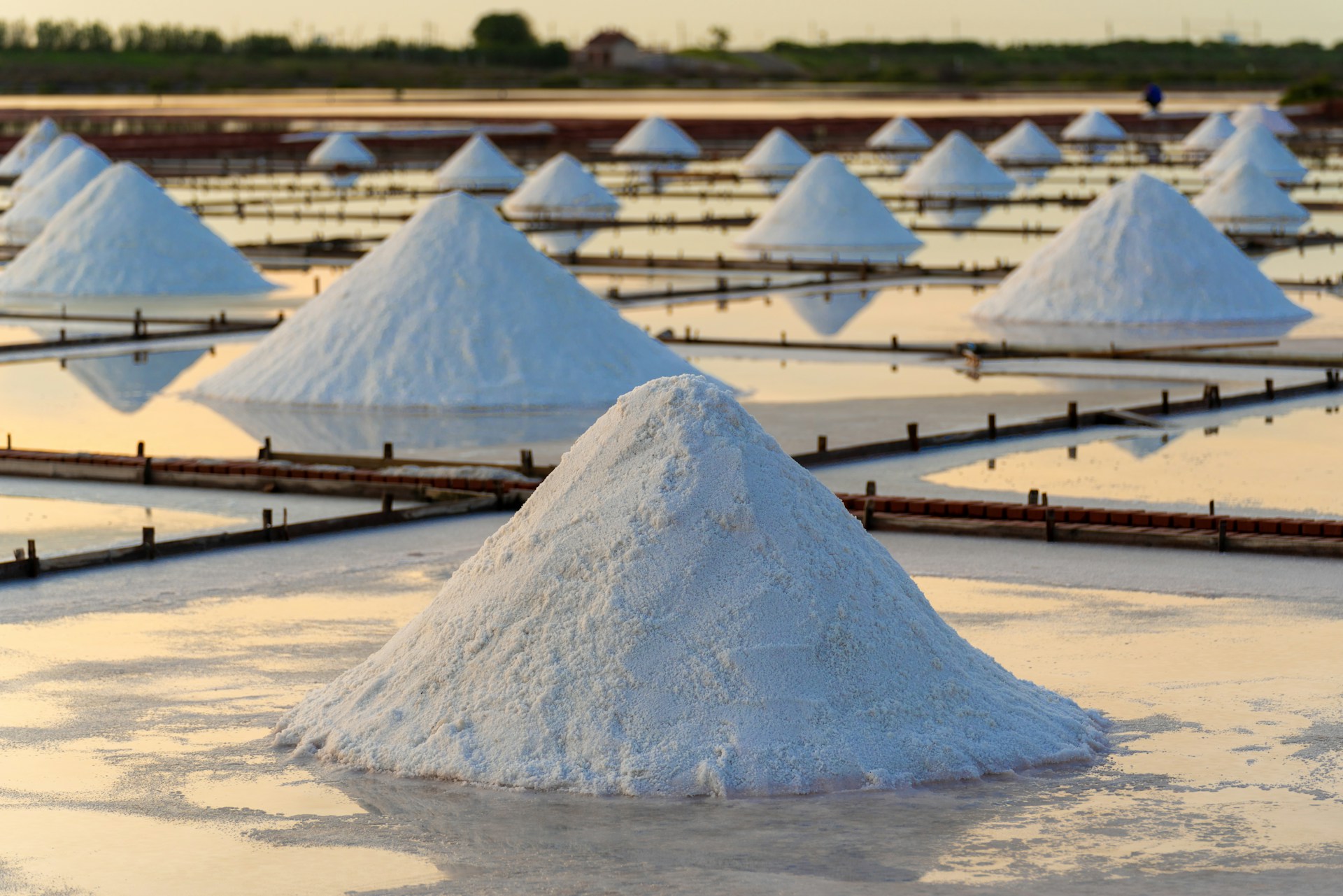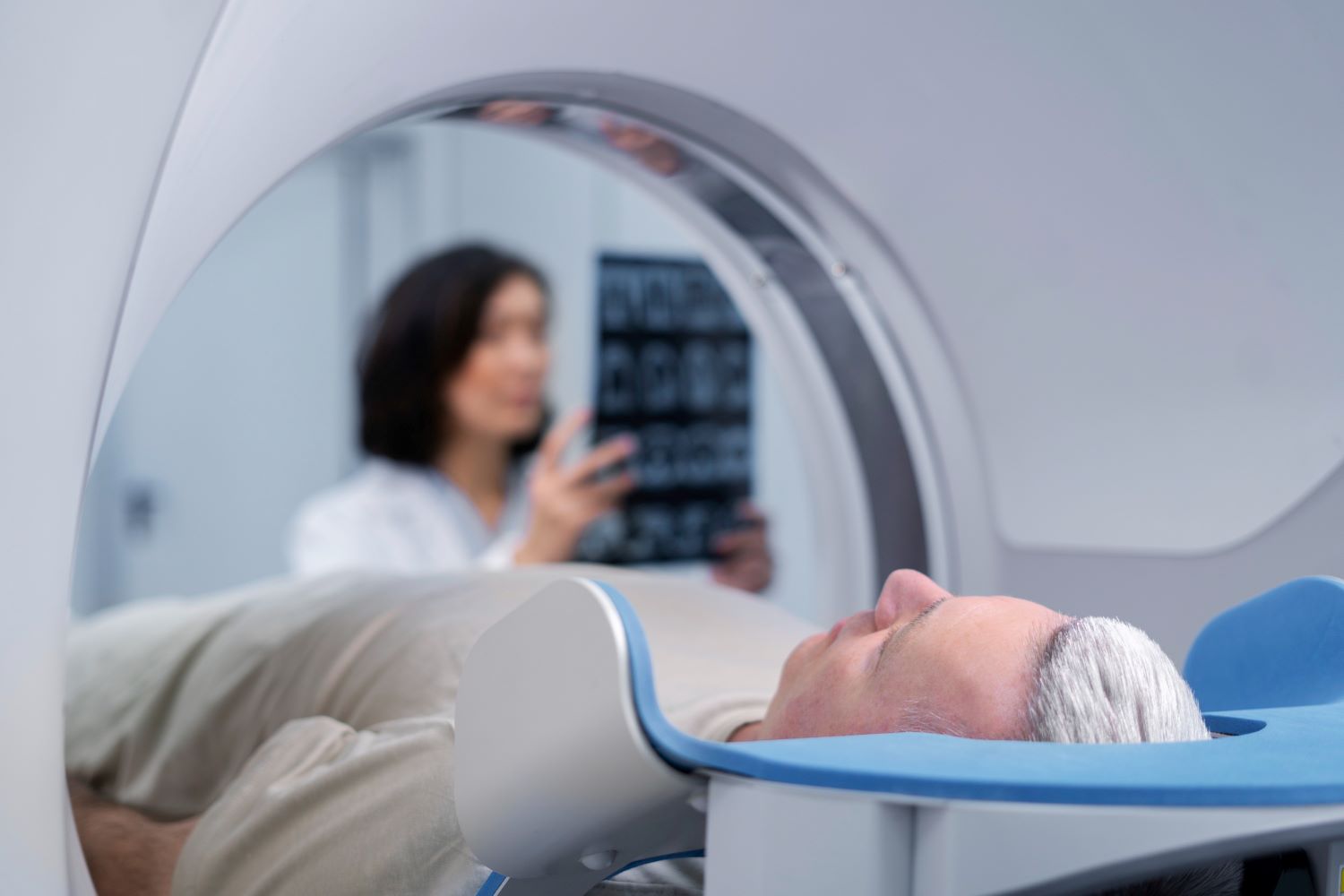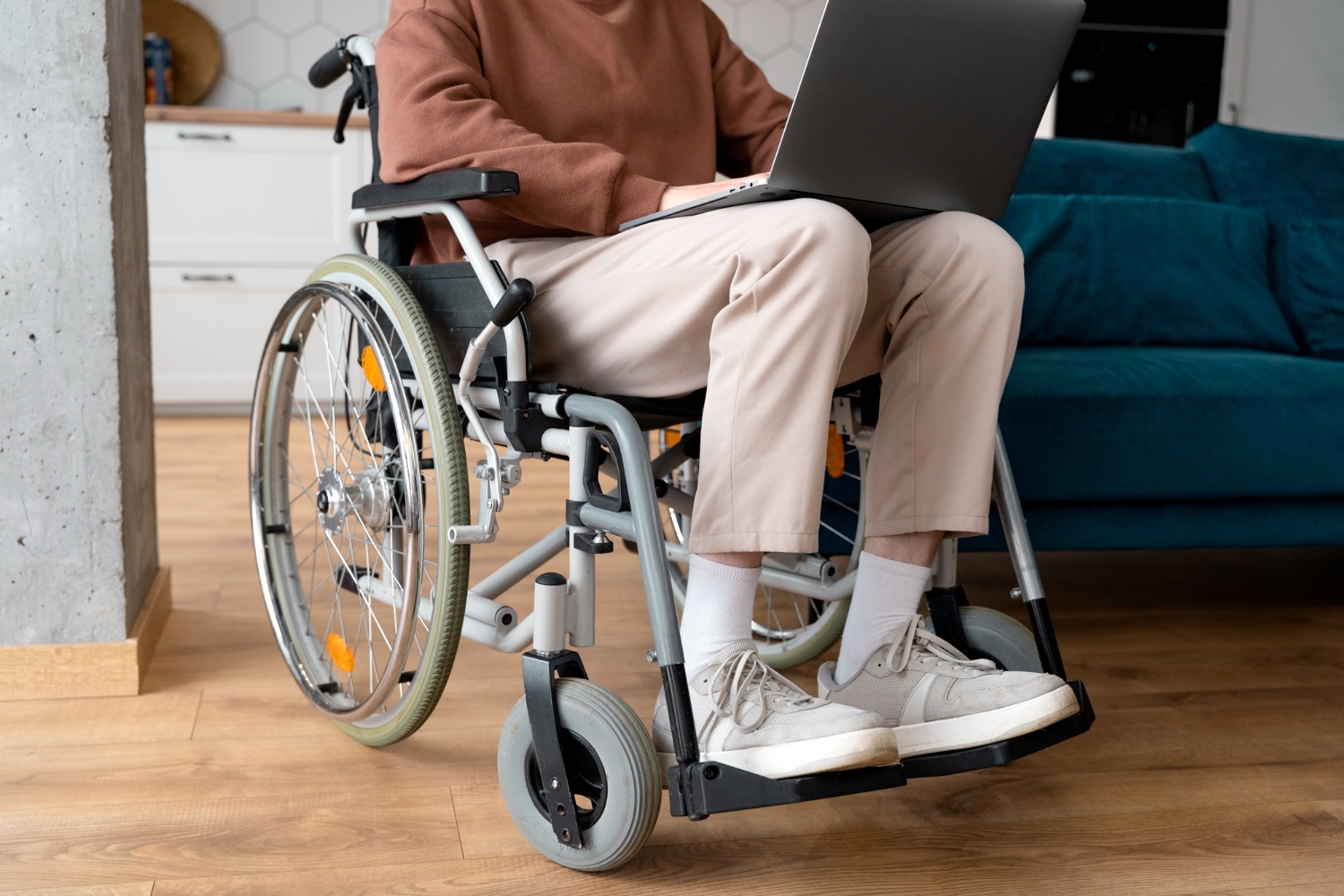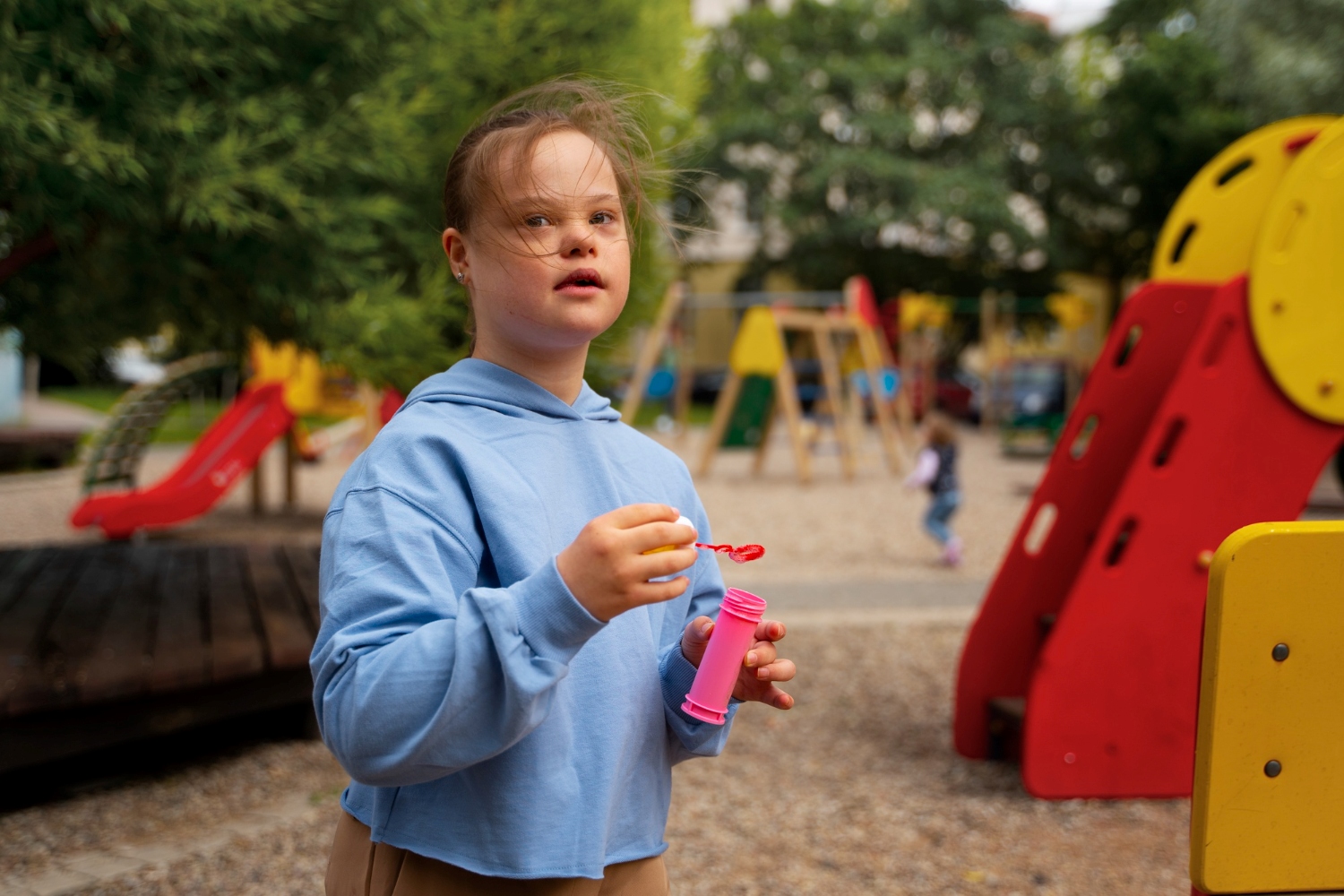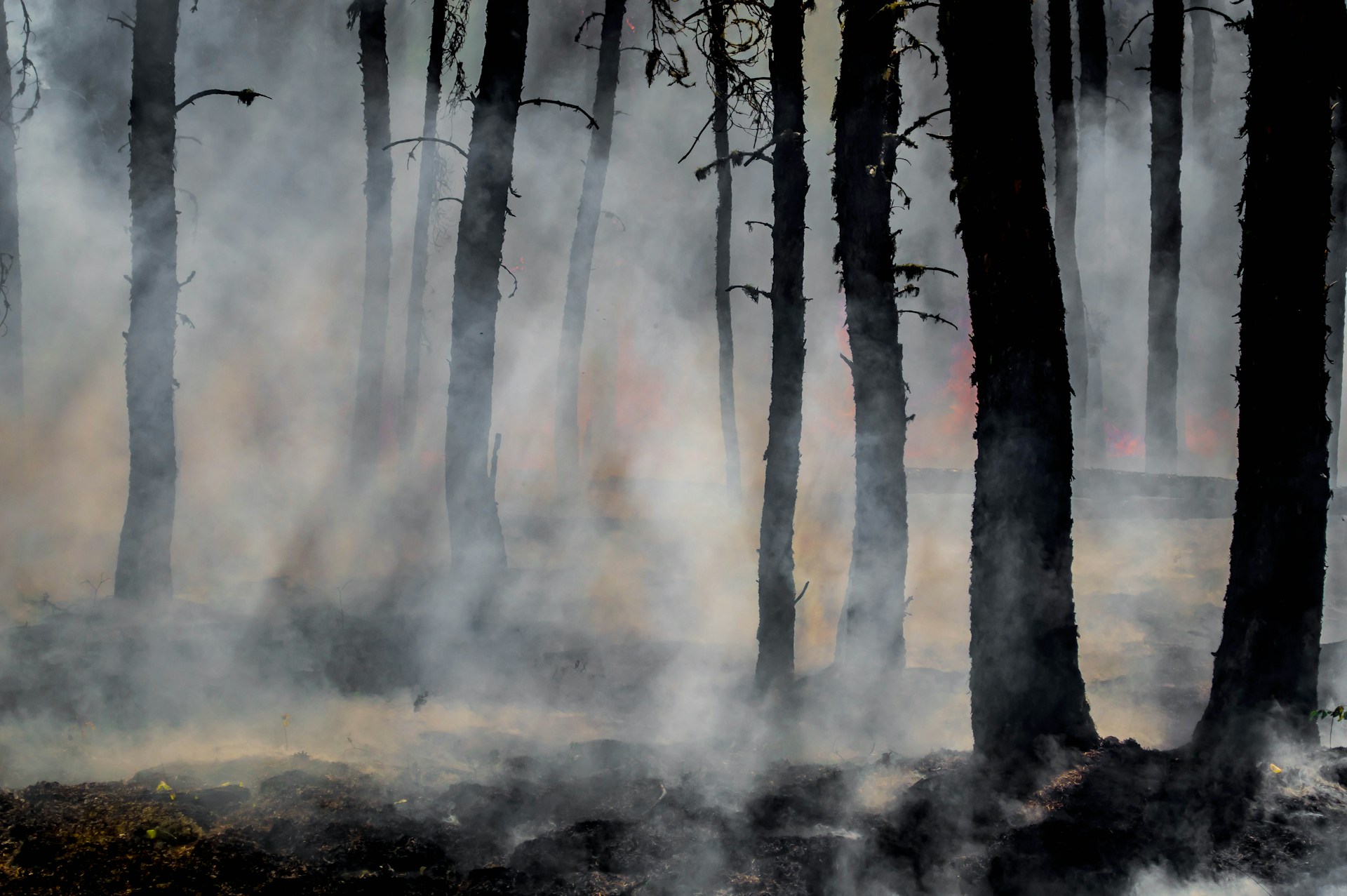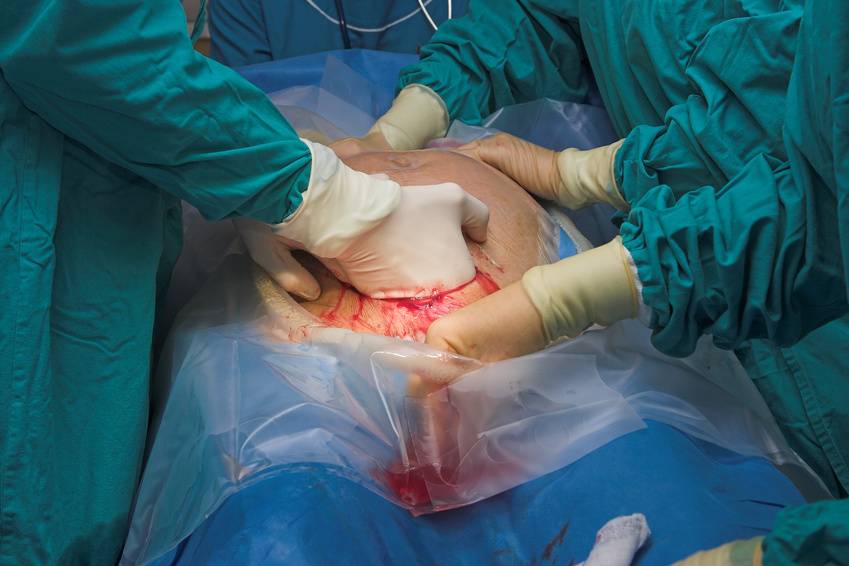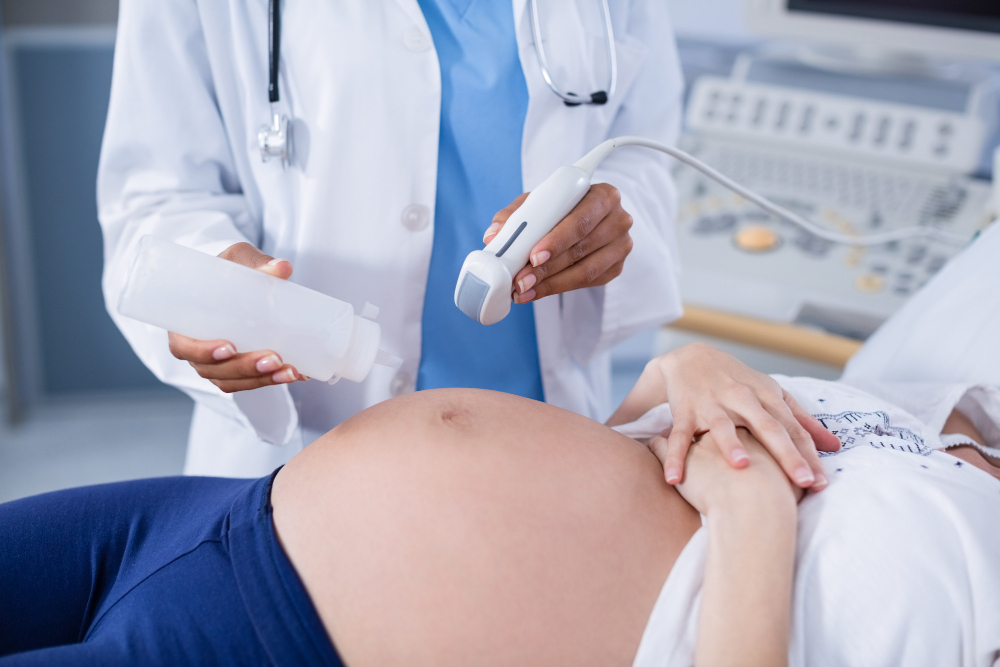Burying wood in vaults proposed as carbon storage method
Burying woody biomass in wooden vaults would allow carbon to be extracted and stored from the atmosphere, according to a study published in Science. The authors were inspired by an eastern red cedar log preserved underground for more than 3,700 years in Canada. The team proposes burying wood from sustainable sources in a domed wooden structure designed to extend the duration of carbon storage. The authors estimate that up to 10 gigatonnes of CO2 could be sequestered annually using this technique.

